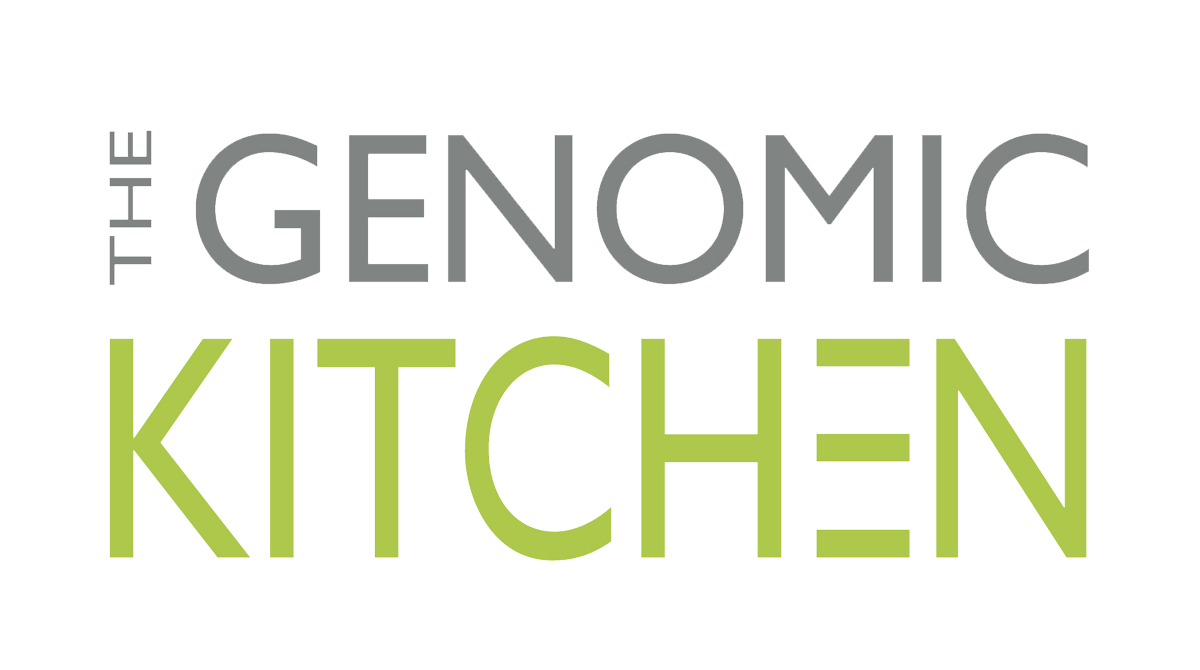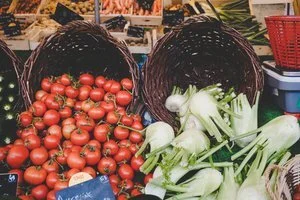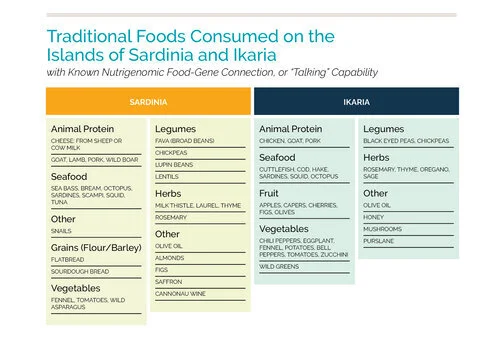Traditional Mediterranean Foods That Talk To Your Genes
/Never before has food played a more pivotal role in our health. In the Genomic Kitchen Book, we travel to Greece and learn how their native food talks to our genes. You can read more about why I wrote the book here.
Image Credit: Dave Nartin Moutain Leon
Before we look more closely at the food of the Mediterranean, let me pause to say that this blog is not a testimony of the benefits of consuming fish, olive oil, wine, and fresh vegetables. Mediterranean food is more about quality and diversity, not just seafood and olive oil. In other words, it’s the foods that have a large amount of bioactives that are beneficial for our health.
Bioactives- non-nutrient dietary components concentrated in specific foods. They directly influence how genes behave and how they do their work.
Our genes interact with bioactives in certain foods to produce various types of proteins that help our body function properly. For example, bioactives influence our genes in how our bodies will respond to inflammation. A certain amount of inflammation is required such as after a workout, injury, trauma, or surgery. But if the inflammation hangs around too long it can cause a catastrophe in the body to the point of chronic disease and quite literally death.
Some of the native foods in the Mediterranean region that are a rich source of bioactives that appear frequently on plates include herbs and wild foods, legumes such as chickpeas, olive oil, vegetables such as fennel and asparagus, and seafood/local meats.
The Genomic Kitchen Toolbox
How genes interact with certain foods to produce various types of proteins that help our body function properly is the heart of our kitchen. To help categorize these key ingredients, M.I.S.E. is the acronym we use to guide you through essential food groups and the function each serves in your body. The French culinary term mise en place refers to having all of your ingredients prepped—having "everything in place"—before you begin to cook. This quick overview of the roles of your essential ingredients will help you begin to do just that.
The Genomic Kitchen M.I.S.E. toolbox is comprised of four food categories. Ingredients from each category support the work of master genes to manage inflammation, oxidative stress, blood sugar, and fats. Our four categories are Master Ingredients, Influencer Ingredients, Super Food Ingredients and Enabler Ingredients.
Traditional Mediterranean Foods of Greece put into our M.I.S.E Toolbox
These work most closely with some of our Master Genes—the ones essential for managing inflammation, oxidative stress and the metabolism of blood sugar and fats.
Vegetables:
Arugula
Cabbage
Chili Peppers
Fennel
Garlic
Onion
Tomatoes
Wild Greens
Fruit:
Apples
Capers
Cherries
Olives
Elderberries
Wild berries
Legumes:
Fava Beans
Herbs:
Milk Thistle
Laurel
Thyme
Rosemary
Oregano
Sage
Other:
Olive oil
Honey
Purslane
Wine
Influencer Ingredients
Support essential biochemical processes in the body that deeply influence health outcomes.
Vegetables:
Bell Peppers
Animal Protein:
Cheese from sheep or cow milk
Goat
Lamb
Pork
Wild boar
Chicken
Seafood:
Sardines
Tuna
Legumes:
Black-eyed peas
Other:
Mushrooms
Super Food Ingredients
Are a select group of ingredients with a large number of vitamins and minerals that support the work of proteins in the body.
Legumes:
Chickpeas
Lentils
Enabler Ingredients
These help seed your gut with beneficial bacteria and then support those bacteria to keep your gut healthy.
Prebiotics:
Asparagus
Dandelion Root
Garlic
Onion
Whole Wheat Flatbread and Sourdough Bread
Now that you know what foods in the Mediterranean diet are rich in bioactives, you can slowly start to integrate the listed ingredients to your shopping basket and eventually into a dish. Although I focused on these specific ingredients these are not all the ingredients that are the core of the Genomic Kitchen. You can access our core ingredients by reading the newly released book!
Traditional Mediterranean Recipes
Ways that you can add these ingredients include using them in a chopped salad. You can add chopped fennel, dried cherries, or your own rendition of a greek salad. Enjoy a variety of different ingredients to make the meals you want to eat.
For recipe ideas, I have created a recipe pack for you. Leave us a comment on what your favorite recipe is.
And be sure to keep in touch and stay nourished with our newsletter, where we'll be sending you even more tips, tricks, recipes, and e-books to keep those recipe ideas flowing.







